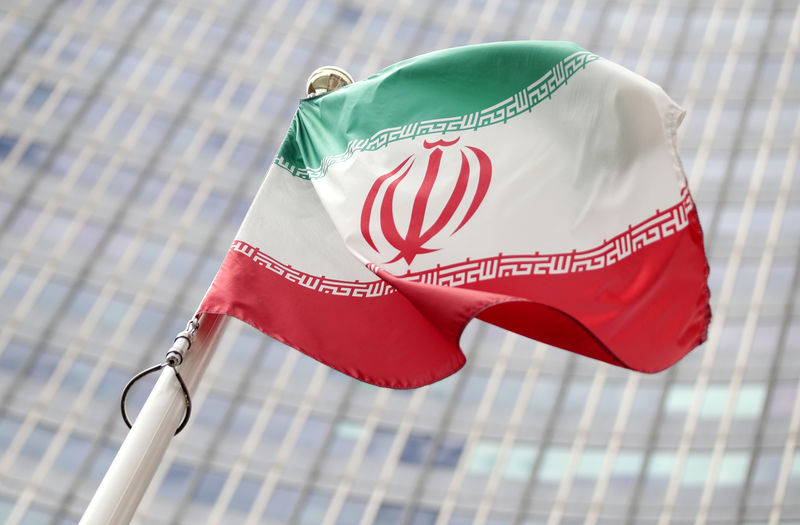BRATISLAVA (Reuters) - The 2015 nuclear deal between Iran and the remaining signatories can still be saved after the U.S. withdrawal but Iran must return to the full implementation of its commitments and in return be offered some goodwill instead of sanctions, the Slovak candidate to head the United Nation's nuclear agency said on Thursday.
"The remaining parties, so-called E3+2 countries including China, France, Germany, Russia and the United Kingdom, that are still committed to the deal should find a way to help Iran in this difficult situation (to show) that deals should be honored," Marta Ziakova, who is running for the post of International Atomic Energy Agency (IAEA) chief, told Reuters.
"Iran hasn't got much for keeping its part of the deal so far but it has to return to the full implementation of its commitments under the deal," she added.
Tension has risen between longtime foes Tehran and Washington since last year when U.S. President Donald Trump quit the nuclear pact and imposed sanctions on the Islamic republic that were lifted under the agreement.
In retaliation for the U.S. "maximum pressure" policy, Iran has gradually reduced its commitments to the pact and plans to breach it further if the European parties fail to keep their promises to shield Iran's economy from U.S. penalties.
"It was very unfortunate for the USA to withdraw from the deal without any renegotiations at first, but at the same time it was not fortunate of Iran to start violating its nuclear-related commitments. This is why we now we find ourselves in a vicious circle that requires a political solution to be broken," Ziakova said in an interview.
"Nevertheless there is always a point of return. There are examples of countries that have given up nuclear weapons program in the past."
Iran will continue reducing its commitments under its 2015 nuclear deal until it reaches the "desired result," Supreme Leader Ayatollah Ali Khamenei said on Wednesday, according to his official website.
Trump wants to renegotiate a deal that ends Iran's ballistic missile program, further curbs its nuclear program and halts its proxy wars across the Middle East, from Syria to Yemen.
Iran's clerical rulers have ruled out talks on the country's defense capabilities.
IAEA chief Yukiya Amano died in July. The IAEA's 35-nation Board of Governors hopes to pick his successor this month.
Four candidates have been nominated - Amano's former right-hand man Cornel Feruta of Romania, Argentina's ambassador to the IAEA Rafael Grossi, nuclear test-ban body chief Lassina Zerbo of Burkina Faso, and Ziakova.
